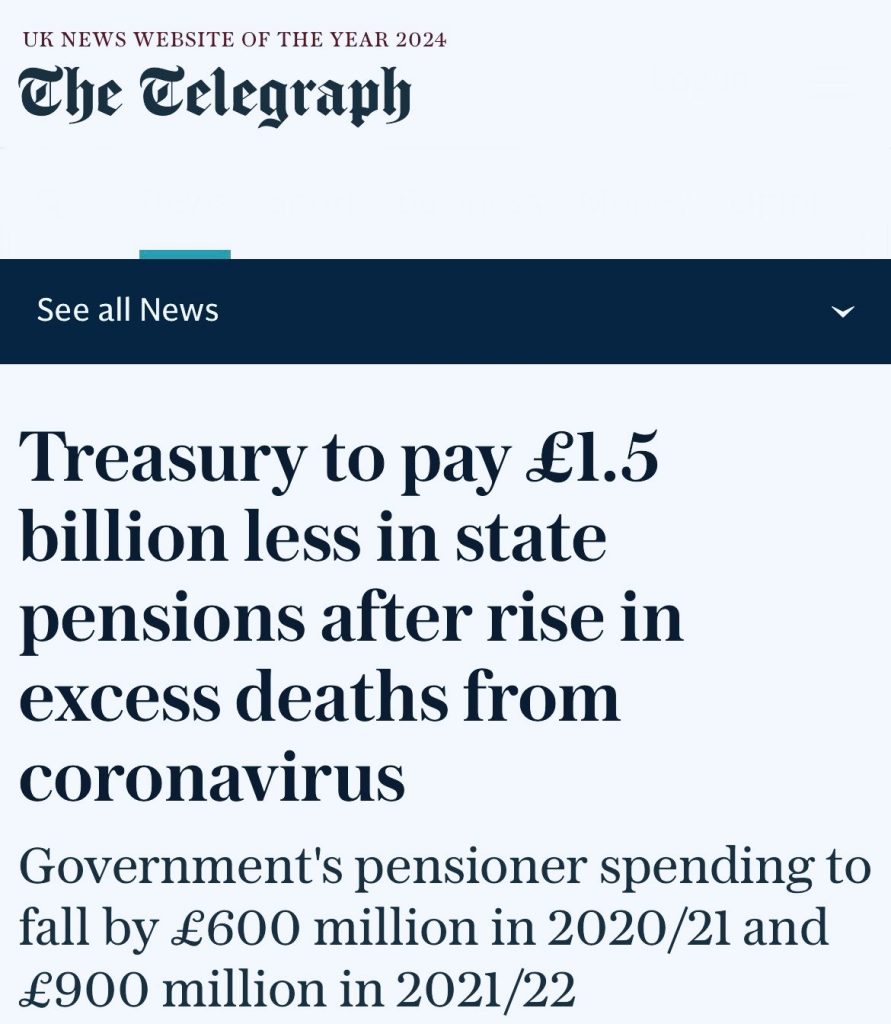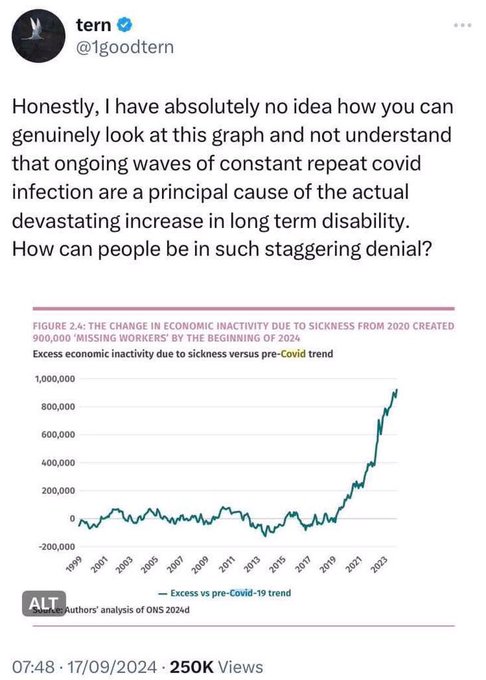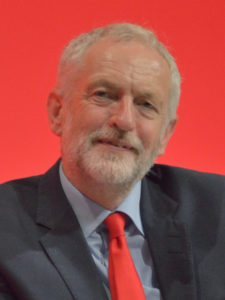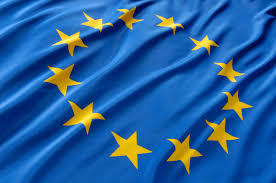Nothing saves money on people who are old, disabled and unable to work like just killing them.

Covid killed mostly old people. That saved the government money in the long run, although in the short run it was expensive, except for Sweden where they just euthanized their old people with Covid instead of treating them. (Gave them opiods even when they had enough oxygen and drugs.)
Since Covid, however, there’s been an unfortunate increase in people who can’t work because they’re chronically ill.

This isn’t hard to understand. Britain is massively importing young people who can work, or older people who have lots of money, but at the same time the number of people who are liabilities, financially speaking, is exploding. If you have a liability the easiest way to get rid of it is to… get rid of it.
Canada’s in the same boat, and these bills will spread.
Assisted suicide isn’t automatically a bad thing, mind you. If people were properly supported and cared for I’d support it. People who are in a ton of pain and won’t get better ought to have the option.
But when the government is whining about benefits and cutting them, as in Britain, one doesn’t expect this is being done from a humanitarian impulse. And the medical and social workers, in hospitals and palliative care centers that are overstretched and don’t have enough nurses or doctors or beds, well, convincing someone who’s taking up time or a bed to just die already will have to be pretty tempting, sometimes even with somewhat good motives: to free up resources for people who can be cared for.
But, of course, what will often happen is that chronically ill people or homeless types who could live for quite a long time and with proper care could be fairly happy will wind up dead because in Britain and Canada we don’t help them enough: to get enough housing, food, help and pain meds (given the way we’re so scared of opiates.)
Wikipedia lists some known cases of abuse of the law:
- In 2017, a mother of a young woman with cerebral palsy was told by a doctor that not applying for MAID was “selfish”. Her daughter was in the room when the conversation took place and described the experience as traumatic.[71]
- In 2018, Roger Foley was being treated for cerebellar ataxia at an Ontario hospital. Foley alleged that his only options were to be forcibly discharged from the hospital and then treated by an organization that had previously failed to provide him adequate care or apply for MAID. Foley hired a lawyer for a charter challenge.[72]
- In 2019, Alan Nichols successfully applied for MAID while being hospitalized for suicide ideation. The reason given on his application was hearing loss.[1]
- In September 2021, Rosina Kamis, a 41-year-old Malaysian woman, applied for MAID citing fibromyalgia as the reason. However, in conversations and recordings shared with friends, she mentioned financial hardship and social isolation as additional factors influencing her decision.[73]
- In February 2022, an anonymous Torontonian suffering from extreme chemical sensitivity syndrome with the pseudonym Sophia had a medically assisted death after failing to find affordable housing that was free from tobacco smoke and other chemicals.[74] This case was addressed by her health care provider in testimony provided to the Special Joint Committee on MAID, and was referenced in their final report.[75]
One can safely assume there are many, many more. The fact is that even doctors and social workers think some lives are worth more than others. No one who’s spent time in the medical system believes otherwise.
The West is in decline. Our elites are wedded to austerity as a “solution”. They often, probably usually, feel that people who are non-productive are useless eaters and a burden on the state.
That combination is going to lead to a truly vast expansion of measures intended to get people off benefit rolls.
In a way assisted suicide, or euthanasia, is the most honest of those policies and maybe even the most merciful. There’s nothing honest about deliberate policies which make people homeless, leading to most of their deaths, after all. Politicians know that winding up on the street long term is essentially a death sentence, they know that policies like mass immigration without increasing the housing supply to match will cause homelessness, so they know their policies cause homelessness and death but they can pretend it’s an unintended side effect.
Just killing people is at least not hypocritical.
***
Close to the end of the annual fundraiser, which has been weaker than normal despite increased traffic. Given how much I write about the economy, I understand, but if you can afford it and value my writing, I’d appreciate it if you subscribe or donate.



 The bottom line here is that there was a referendum, and “leave” won.
The bottom line here is that there was a referendum, and “leave” won.